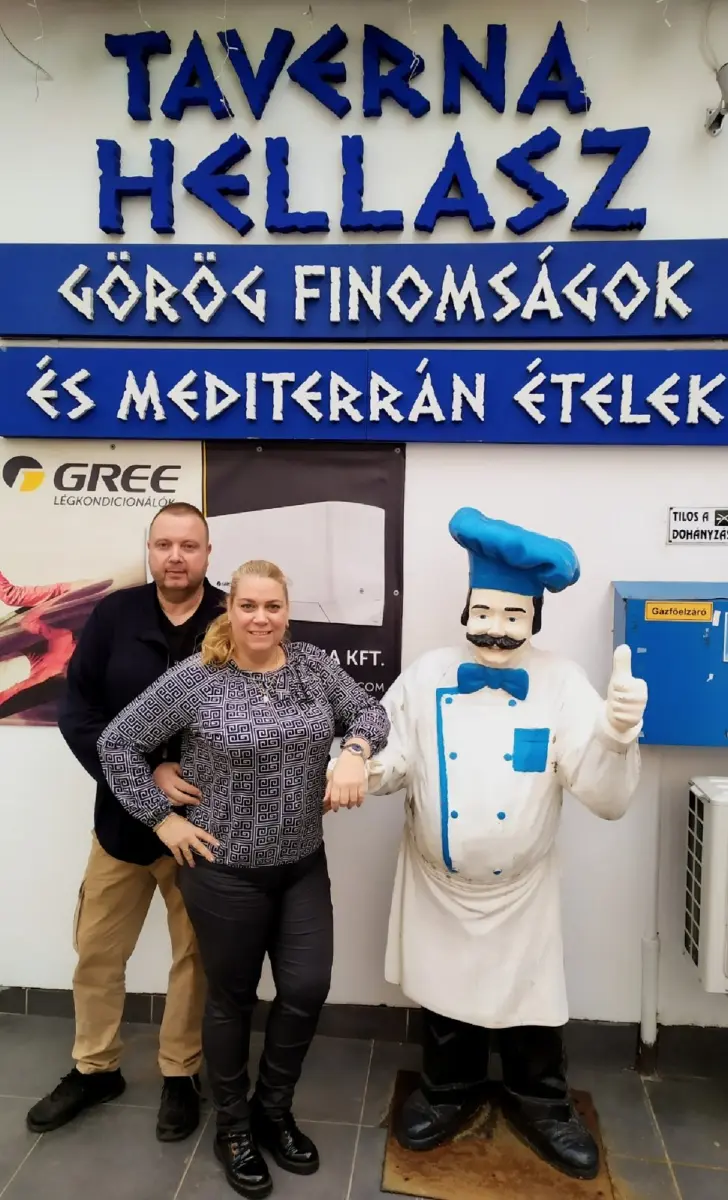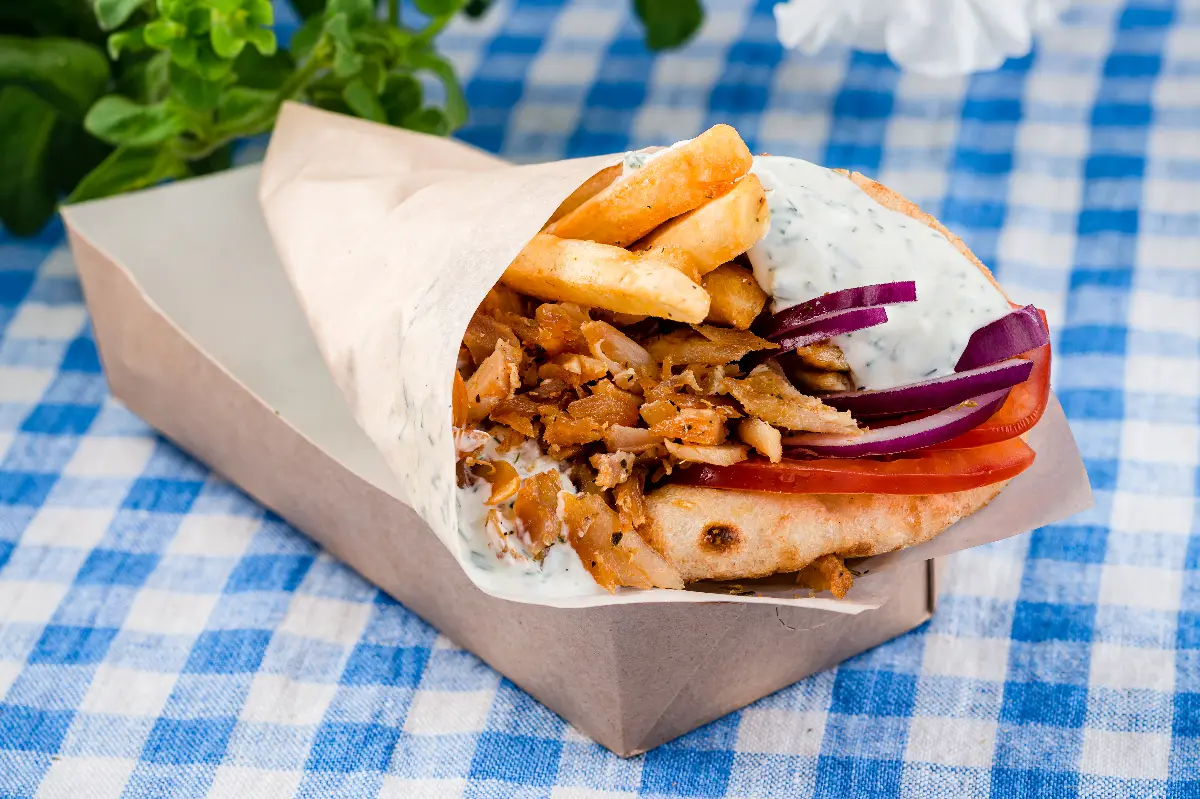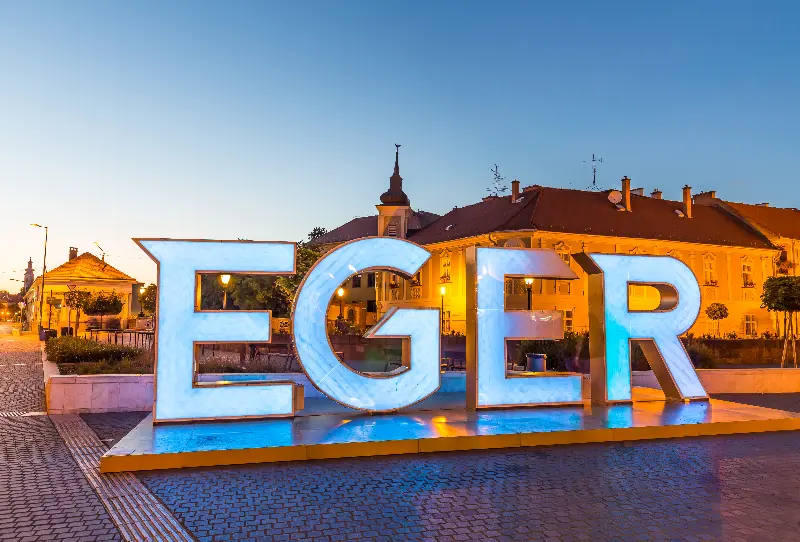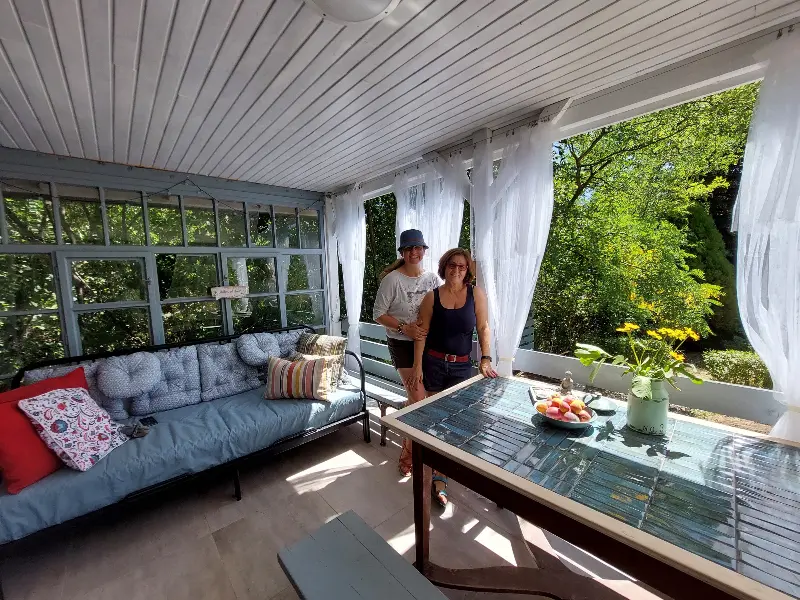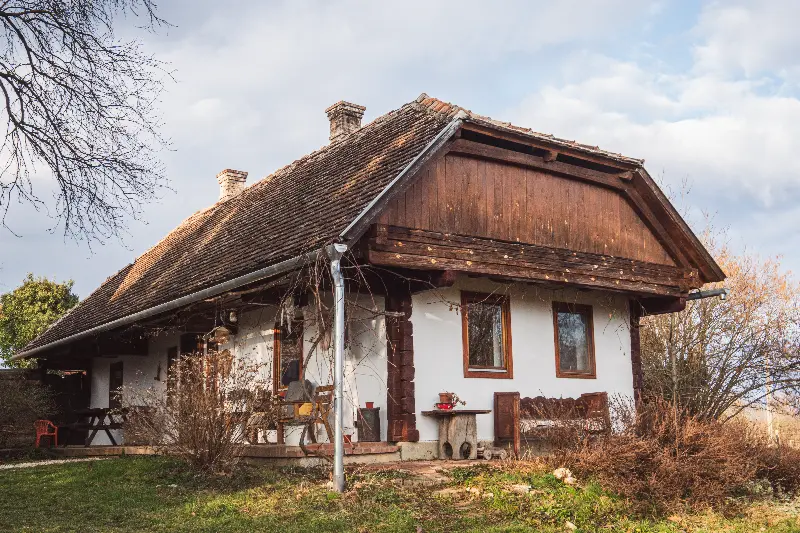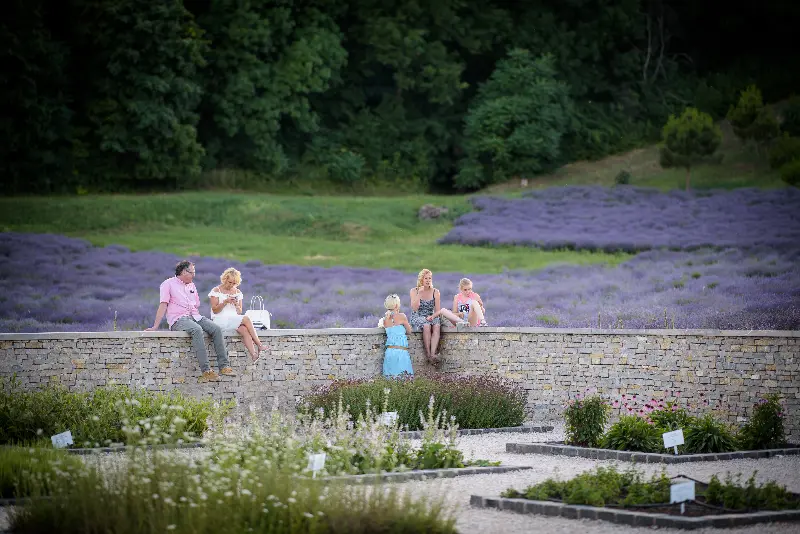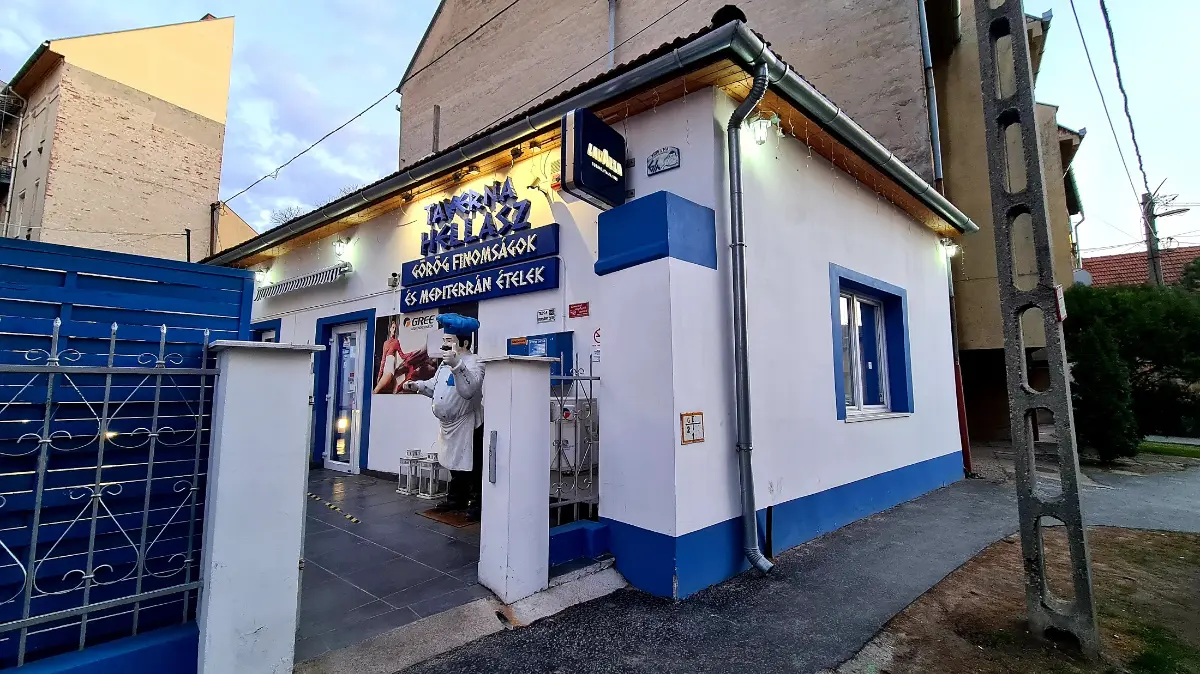
Helyszín címkék:
To Szolnok, to the Greeks!
Jászberényi Attila
It would be an exaggerated statement that Szolnok is the navel of the world. It is rather the navel of the country, especially in terms of shipping. It is well known that something is beautiful if you like it without interest - well, this city is similar to its railway station with a buffet car museum and the train station restaurant from the ‘70s, with a socialist open-air museum with traces of middle-class, cosy elements. It has fantastic built heritage monuments (the former synagogue, the current Gallery and the Reformed Church), its state-of-the-art architecture, as well as the most Hungarian skyscraper, which is the highest residential building in the country with the height of 81 meters, and the Tiszavirág footbridge, which has become a modern city symbol. It also has two rivers (there is the confluence of the Zagyva and the Tisza rivers, with its special backwater). However, the engineers of socialism certainly confused the blueprints. Apparently, they wanted to create something nice out of a city that was very heavily bombed due to the centrality of rail logistics. They wanted to create a downtown with large squares and lots of greenery, but instead they probably implemented the plans of a cement plant. We can even find a shelter in a winding, shady street contrary to the grey and hot concrete jungle, the lack of terraces.
Hellas Tavern
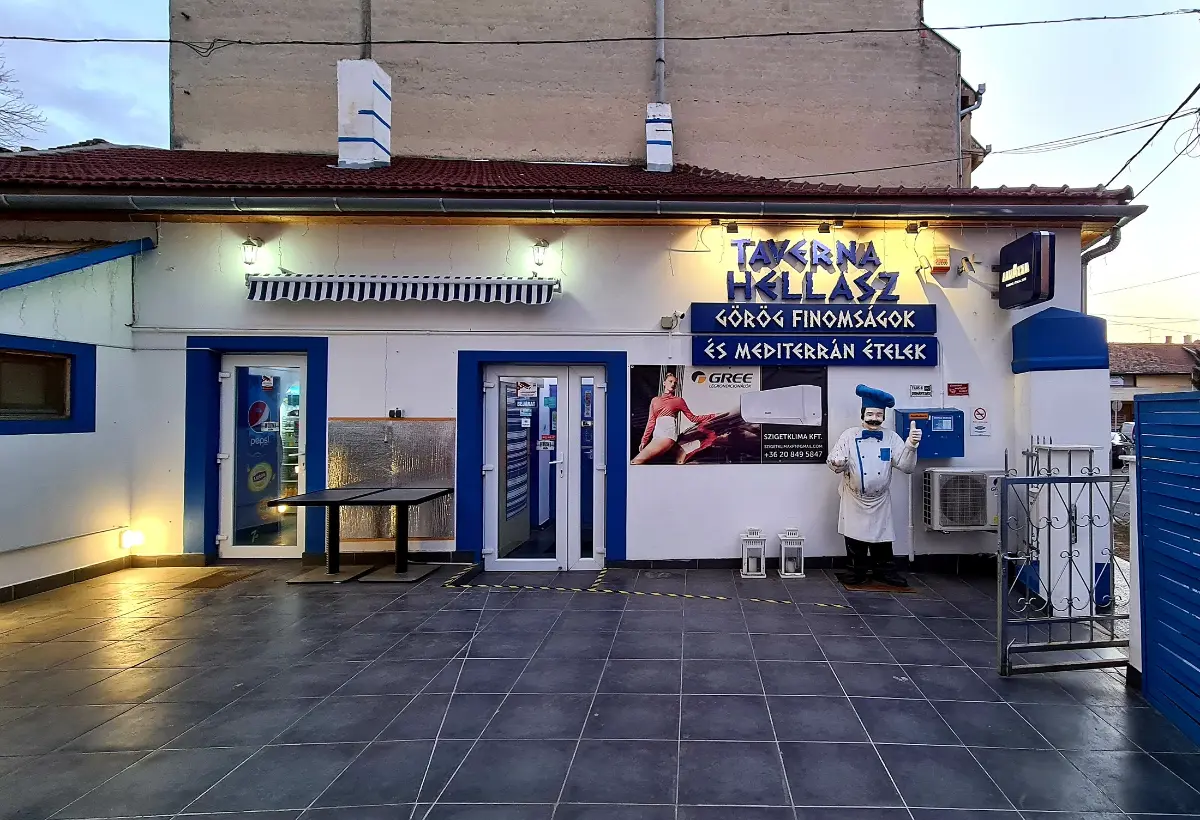
On the site of a former, dubious pub, a beautifully renovated building dressed in blue and white now invites you with a shady courtyard. The waterfront is not far away either, but how did a Greek tavern get next to the outlying Tisza river instead of the Ionian Sea? It began when Evangelos Tzortzis (mostly known as Vangi) was born in 1969 as a descendant of a multigenerational Cretan family who also had a restauranteur kinship. He didn’t want to be a restauranteur, but the extended family obliged him, he was apprenticed to almost all of Agia Pelagis’s restaurants, and there was nothing to do, “every two restaurants belonged to my relatives”. His childhood goes back to heroic era with kerosene lamps and refrigerators working with blocks of ice, and later, of course, he obtained a commercial degree in “night class”. Then the telephone rang. “A family comes, I care after their whole holiday.” They were Hungarian, one of them “became my wife.” He first came to Hungary in 1995 and he liked the atmosphere of winter, snow and Christmas (not a central family holiday in the country of Cyril and Methodius, the shops are also open until ten in the evening). So he moved to Győr, in 1997 he opened the first gyro bar in the city. “They didn't even know what ‘gyro’ was, they asked for a ‘fast pita’." It was not easy, Vangi is also very Greek, he loves to philosophize, to reflect on the way of life, the astronomers’ tales. His vehement opinion, making connections to Mediterranean politeness and ancient philosophers’ way of thinking, “I came to Hungary, while my way of thinking is Greek”
- it caused success, divorce, bankruptcy.
Up and down
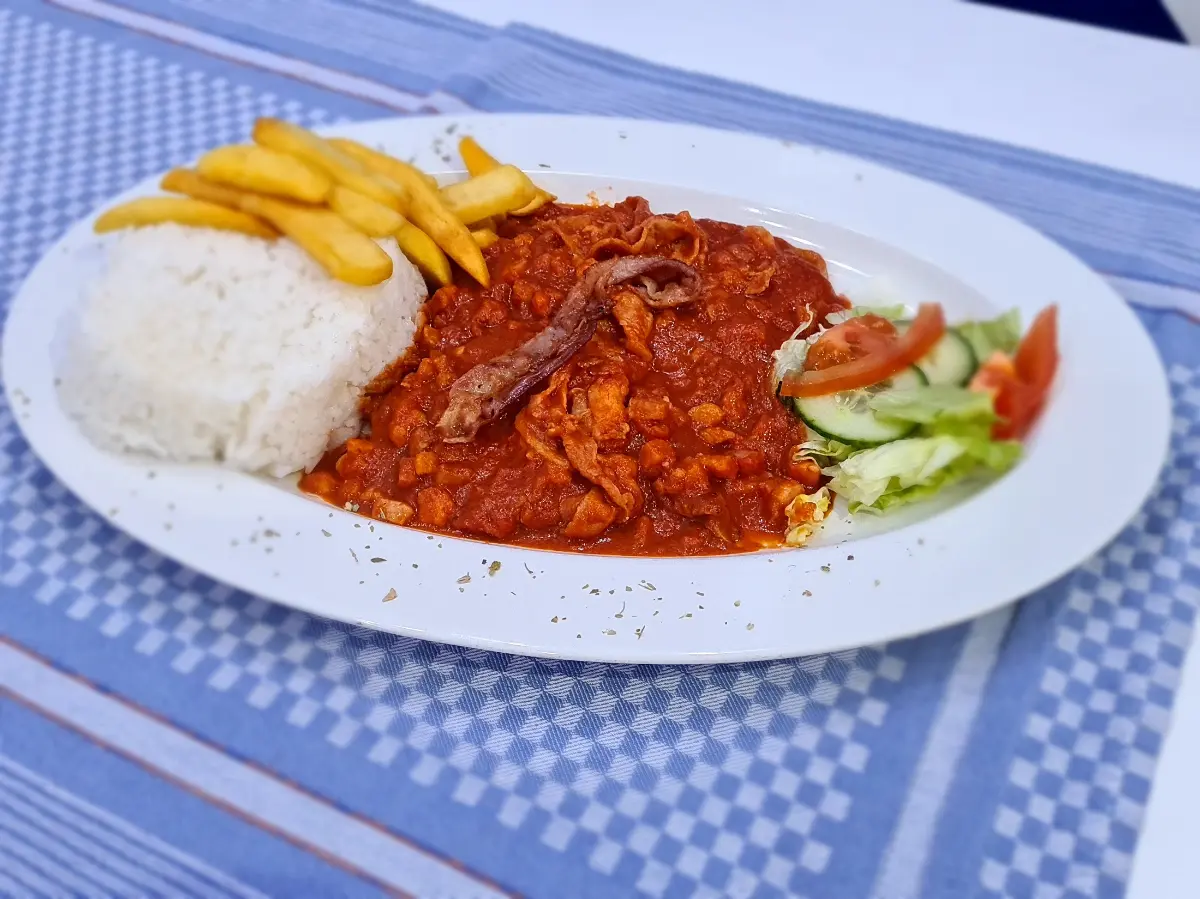
Catering, like the oldest craft, cannot be stopped (Greek proverb), the unit in Szolnok opened in early 2016 out of savings. As there was a girlfriend, and a cheap property waiting for renovation here. Even on the first day, “it was full house, the snake queued to the street,” and it’s been advisable to reserve a table ever since. The cuisine is adapted to the local base of knowledge, and the Cretan gastro, thanks to its Venetian influence, is rich in Italian elements (there are pastas, for example), but the basis is the Greek tradition. The pita, feta, olive oil and oregano come from home. The gyro, of course, is rolled in pita and involves fries, and the seasoning and sauces are mixed by the owner. The main point is the creative chef, Vangi’s innovation, “this place is characterized by the character of the owner”, “I am old-fashioned but modern”, a bold fusion of Greek and Hungarian cuisine and the incorporation of local flavours into the menu. With such outcomes as – by far the most popular – Greek gypsy steak (spicy, with lecsó, rich with garlic, bacon, grilled pork with white wine), or Idra-tenderloin (grilled tenderloin with lecsó, feta, spicy cream gravy).
